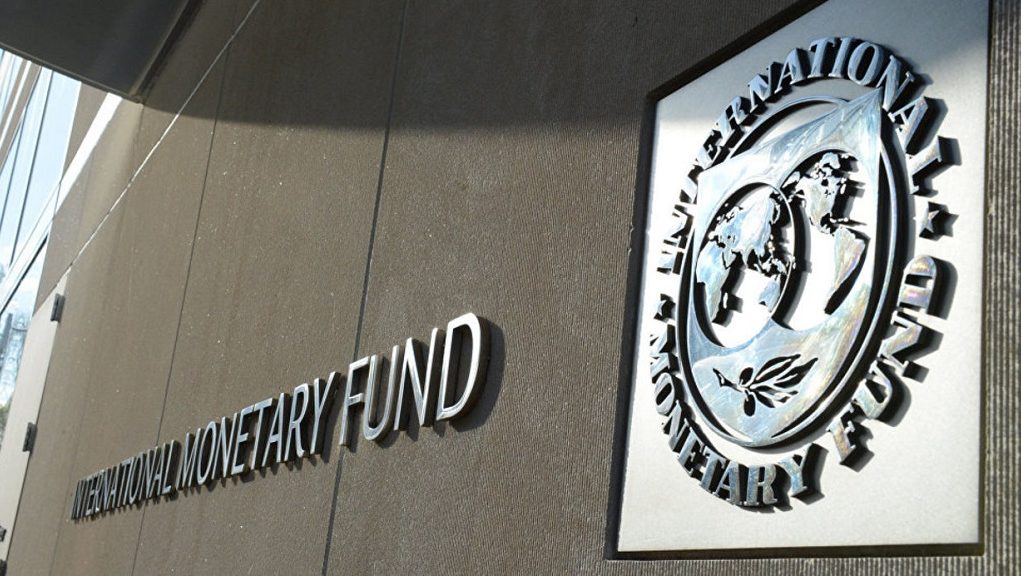According to the IMF, they should prioritize protecting vulnerable groups through targeted support while keeping a tight fiscal stance to help reduce inflation. Building fiscal buffers in normal times would allow governments to respond swiftly and flexibly during adversities.
Several fiscal tools, such as job-retention schemes, have proven useful to preserve jobs and income for workers. Social safety nets should be made more readily scalable and better targeted, leveraging digital technologies. Exceptional support to firms should be reserved for severe situations and requires sound fiscal risk management.
Rising inflation and climbing interest rates have supplanted more than a decade of muted inflation and low interest rates in many countries. Recession concerns are surfacing and geopolitical tensions have increased further as Russia’s invasion of Ukraine persists (October 2022 World Economic Outlook). Fiscal policy trade-offs are increasingly difficult, especially for high-debt countries where responses to the COVID-19 pandemic exhausted their fiscal space. Households are struggling with elevated food and energy prices, raising the risk of social unrest.
Very high inflation, together with surging food and energy prices, translates into a politically salient cost-of-living crisis. Food spending is proportionately much greater in poorer countries (and poorer households). Hence, in these economies, food is the dominant driver of policy action. In advanced economies energy dominates.
In Greece a potential GDP growth of 5.3% is expected in 2023, while the majority of other advanced economies are projected to contract.
Find out more on the full IMF's October 2022 World Economic Outlook.















